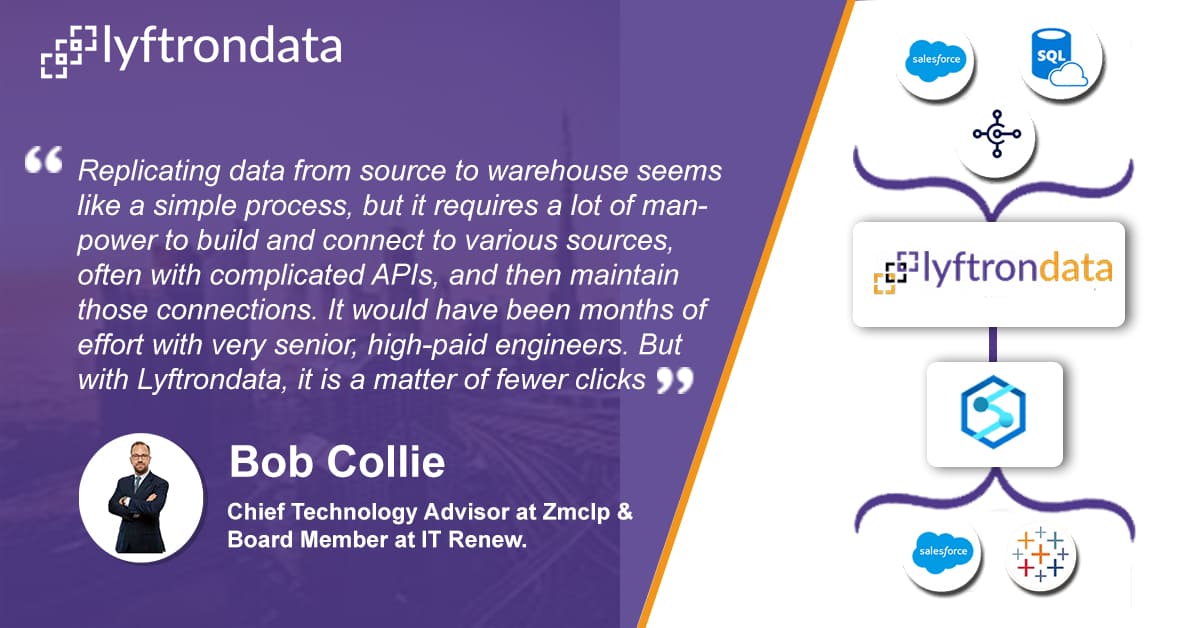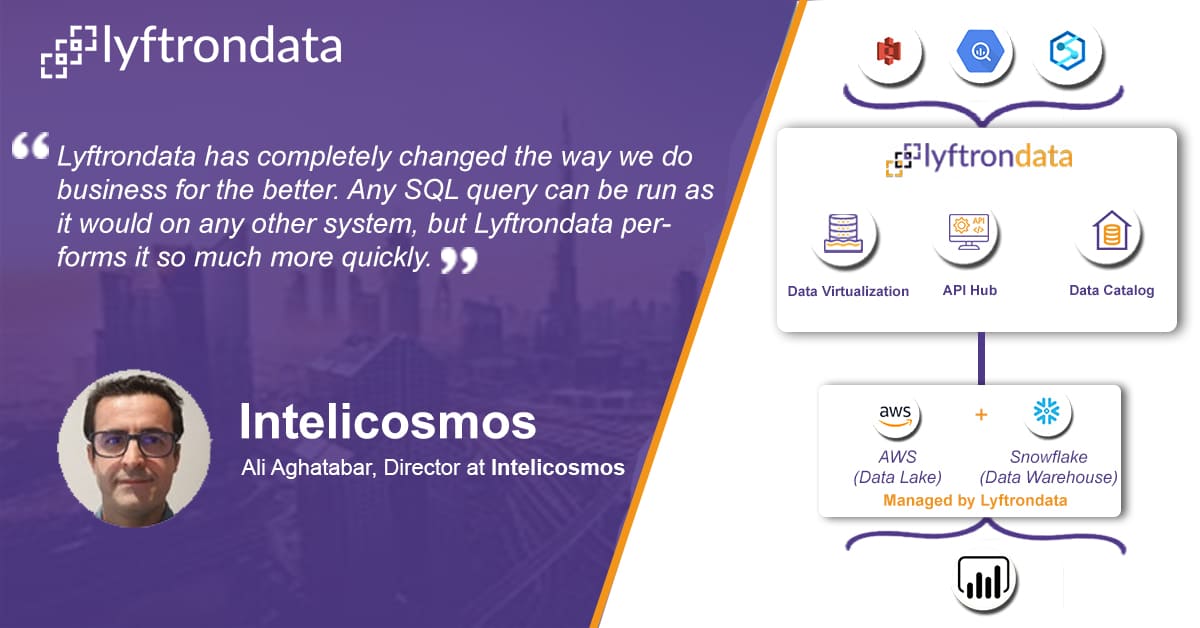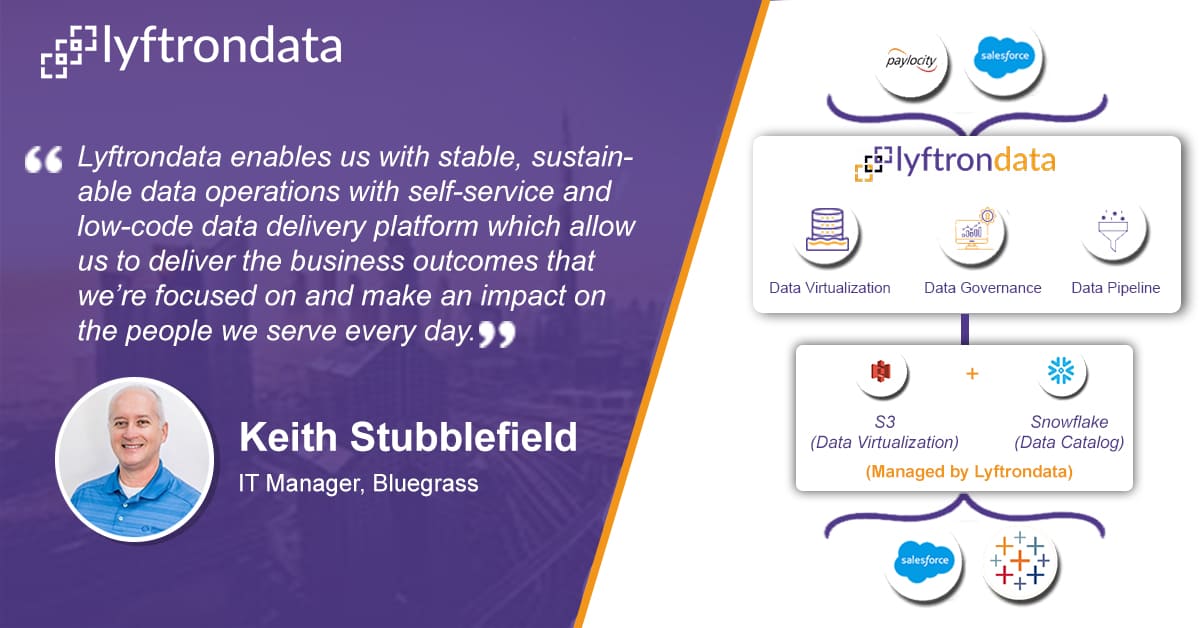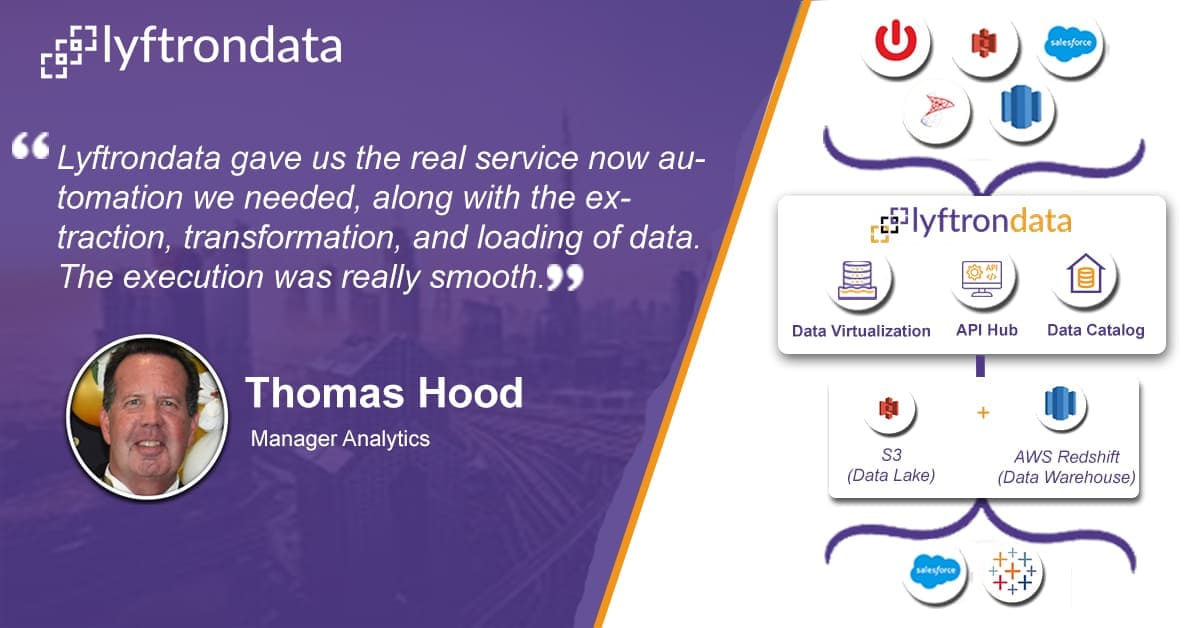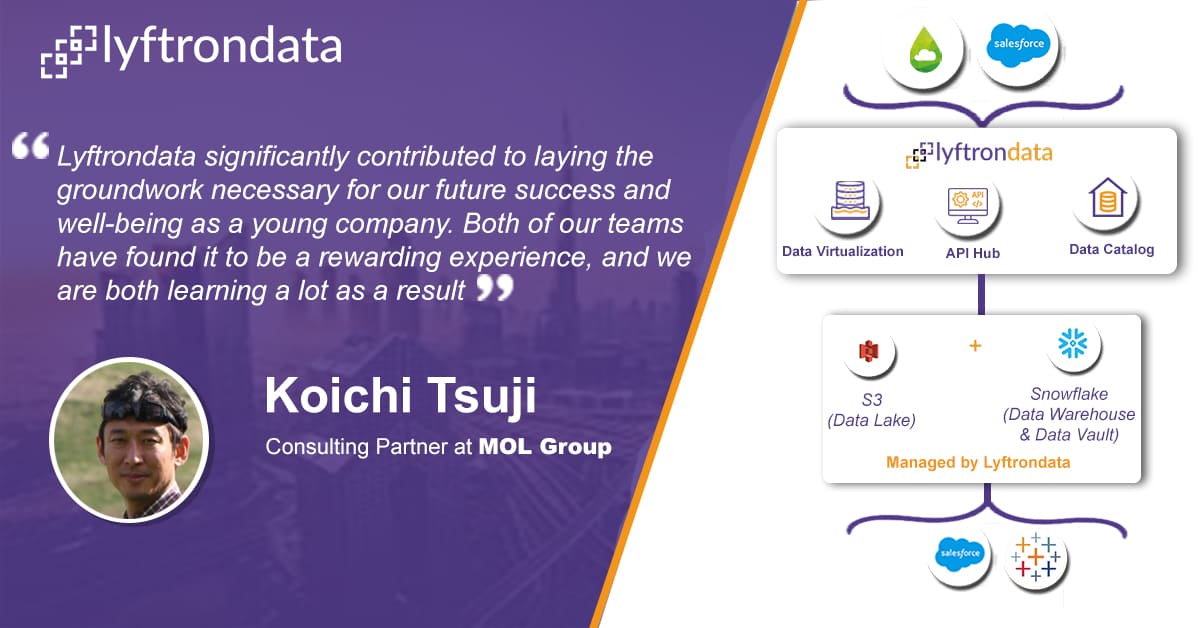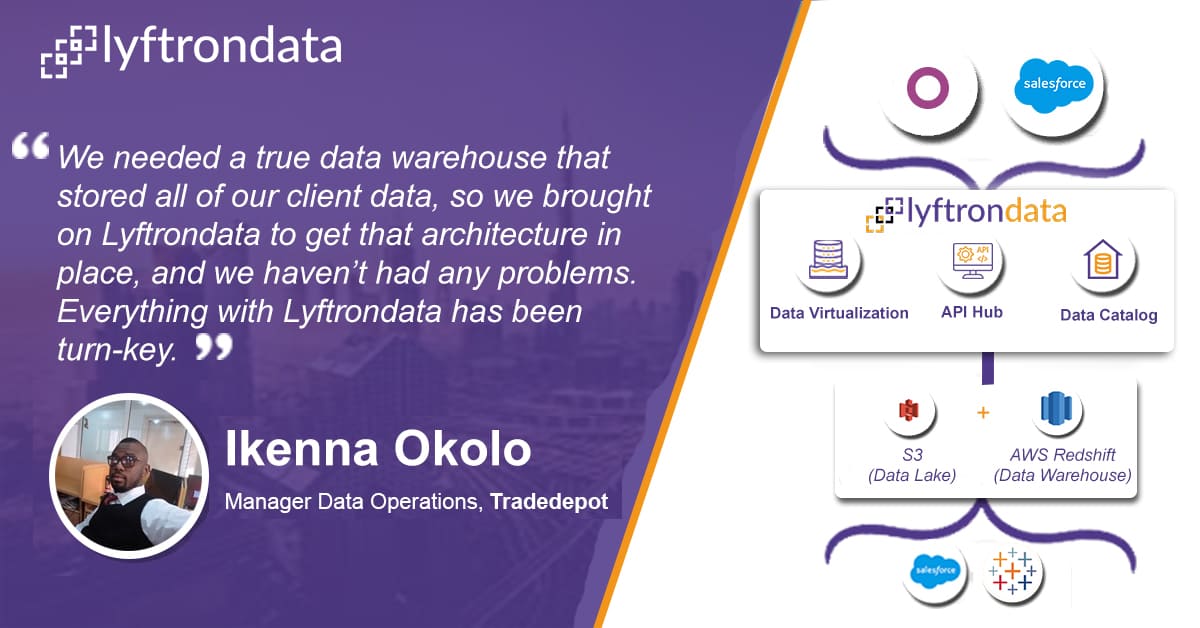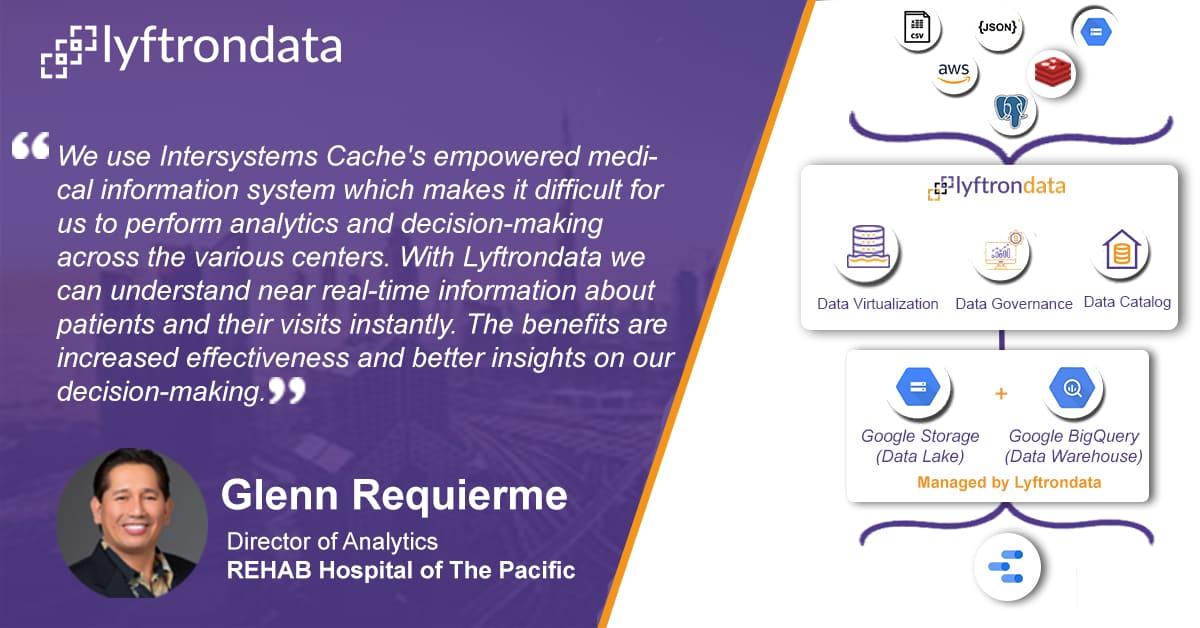200X Acceleration at
1/10th of the cost
Zero
maintenance
No credit card
required
Zero coding
infrastructure
Multi-level
security
Simplify Intersystems Cache integration in
4 simple steps
Create connections
between Intersystems Cache and targets.
Prepare pipeline
between Intersystems Cache and targets by selecting tables in bulk.
Create a workflow
and schedule it to kickstart the migration.
Share your data
with third-party platforms over API Hub

Why choose Lyftrondata for Intersystems Cache Integration?
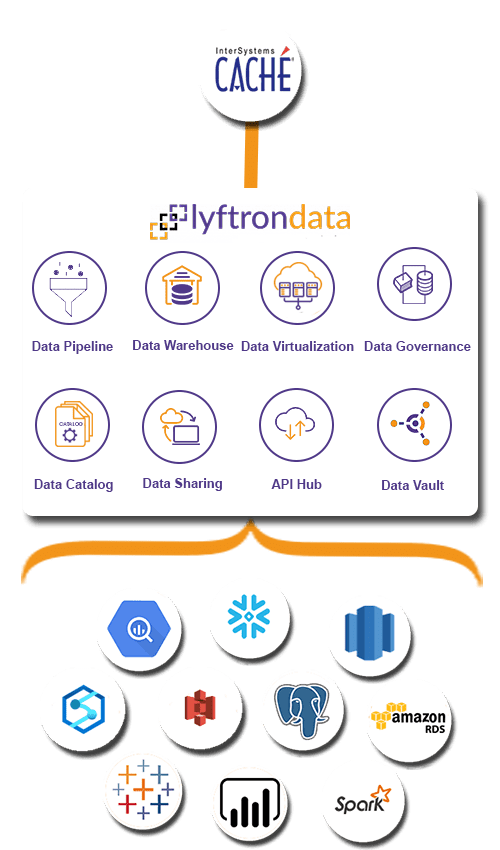

Simplicity
Build your Intersystems Cache pipeline and experience unparalleled data performance with zero training.

Robust Security
Load your Intersystems Cache data to targets with end-to-end encryption and security.

Accelerated ROI
Rely on the cost-effective environment to ensure your drive maximum ROI.

Customer's Metrics
Track the engagement of your customers across different channels like email, website, chat, and more.

Improved Productivity
Measure the performance of your team and highlight areas of improvement.

360-degree Customer View
Join different data touch points and deliver personalized customer experience.
Hassle-free Intersystems Cache integration to the platforms of your choice
Migrate your Intersystems Cache data to the leading cloud data warehouses, BI tools, databases or Machine Learning platforms without writing any code.
Hear how Lyftrondata helped accelerate the data journey of our customers
FAQs
What is Intersystems Cache?
Intersystems Caché Integration tool is a commercial operational database management system from Intersystems, used to develop software applications for healthcare management, banking and financial services, government, and other sectors. Customer software can use the database with objects and SQL code.
What are the features of Intersystems Cache?
Disaster Recovery: Intersystems Caché Integration tool offers Disaster Recovery.
Data Concurrency: Intersystems Caché Connectors tool offers Data Concurrency assistance.
Workload Management: Intersystems Caché ETL facilitates seamless workload management.
Advanced Indexing: Intersystems Caché Drivers software offers advanced Indexing services.
What are the shortcomings of Intersystems Cache?
Training for handling required: Intersystems Caché Drivers software requires Training for handling.
Little pricey: Caché ETL is a little pricey.
Code issues: Users often face code related issues with Intersystems Caché Connectors tool.
Pull request: Intersystems Caché Integration tool has pull request related problems.
Make smarter decisions and grow your sales with Lyftrondata Intersystems Cache integration





